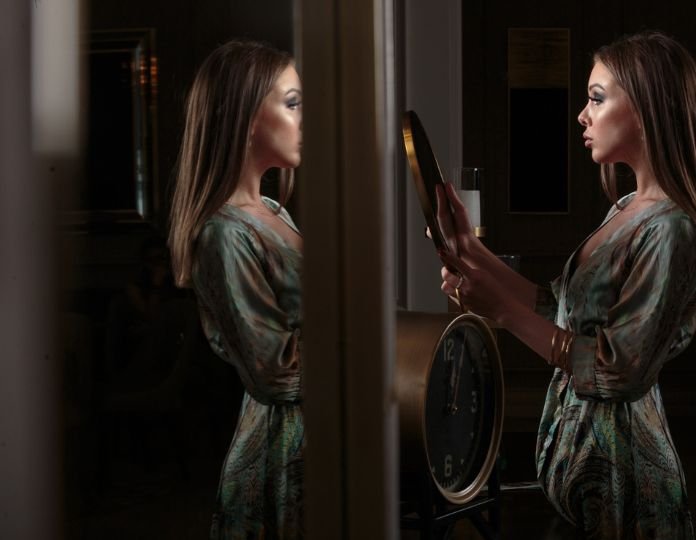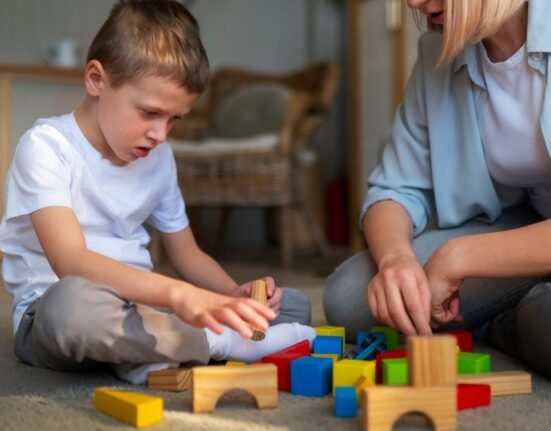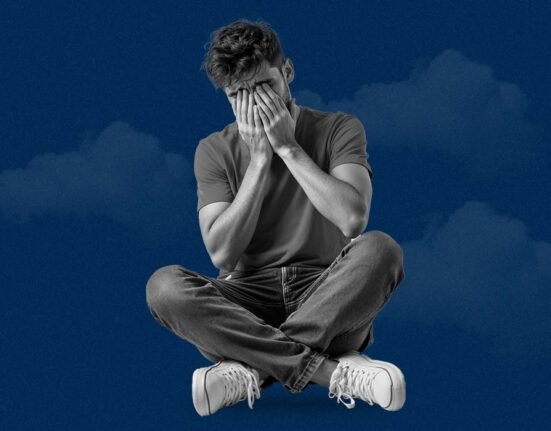What is that one thing you can’t live without and would buy somehow even if the whole world is turning upside down? Do you shop when money is rolling in like, ka-ching? Or do you buy when you’re depressed? And what do you buy when you have only a few bucks left in your pocket? Read on to know what the ‘lipstick effect’ is!
Have you heard of ‘The Lipstick Effect’?
According to this theory, even when people face personal economic crises or worldwide recession they still buy less costly luxury goods. Economists explain that when the purchasing power goes down people will forgo big luxury items and spend on small luxury items like lipstick which makes them feel good. This ‘lipstick effect’ was seen during the great depression(1929), and some sources say, lipstick sales doubled after the 9/11 attacks. And even during the Covid-19 pandemic lipstick sales climbed greatly.
Psychological factors behind the Lipstick Effect
When a cash crunch strikes a lot of emotions messes us up emotionally. The frustration regarding day-to-day expenses, the anxiety about the future and as a matter of course the draining savings pushes us into depression.
Read More: Are you really taking care of yourself?
Dismay vs DNA
From an evolutionary perspective, a study says that from time immemorial, humans have gone through periods of abundance, catastrophic famines and disasters! Historians argue that there could be a genetic predisposition to seek a mate during tough times. The need to pass on the genes becomes their highest priority in times of uncertainty. An economic crisis makes people glam up in the hopes of attracting a financially stable person.

A study revealed that the recession made men cut down on consumer products while women preferred to buy beauty-enhancing products including lipstick. In an experiment, psychologists tested women and their purchase behaviour during a recession. They provided them options between beauty-enhancing products (clothes) and some cheap products that don’t enhance physical appearance like a cup of drink.
The results of the experiment were such that, women chose products that enhance attractiveness even if they cost more. Psychologists found that the ‘lipstick effect’ was the same in both wealthy as well as women who lack resources. Well-off men flaunt during a recession whereas others may start lying, cheating or stealing to find their resources.
Read More: The Psychology Behind Skincare Obsession
Glum or Glam?
Pampering yourself with a good oil massage, having a nice warm shower, and applying your favourite lip colour are some small joys you could find for yourself amidst big problems. So ‘the lipstick effect’ is a natural way to conquer the situation with a smile. It gives them a sense of control. During an economic downturn, people have the psychological urge to feel normal. This drives them to buy affordable beauty products that lift their mood and give them confidence.
Things like lipstick, coffee, a t-shirt or movie tickets are small indulgences to change their emotional state and feel good. It is a way to escape or distract from the harsh reality by indulging in these pleasure-inducing luxury goods. A study showed that women who were exposed to news on terrorism bought more cosmetics than those who weren’t.
Dress to De-Stress!
Little pleasure and comfort during uncertain times boosts our morale. Dressing up and looking good is a kind of self-care that reduces feelings of stress and anxiety. It temporarily uplifts your mood because dressing up and applying Lipstick are a few ways to achieve self-expression, good self-image and happiness. People facing a financial crunch cannot plan a vacation to some exotic location.
So, they satisfy and pacify themselves with comparatively cheaper treats like a night out, going to the movies or a restaurant that’s within their budget. An emotional connection with a product can also make them buy it during a crisis to find comfort in that nostalgic or positive feeling it gives. Such purchases give a sense of empowerment and emotional well-being.

Social Media and The Urge to Splurge!
When human influencers and celebrities on social media promote a product, it influences the audience to make a purchase and try it out. For example, during the COVID pandemic, dalgona coffee was trending on social media. Many people whipped up their coffee and posted their videos while being stuck at home. Online shopping spreads out a platter full of affordable luxury items from all over the world and it leads to the lipstick effect nowadays.
Fight the Urge
- Have a clear budget for your small treats.
- Shifting from a scarcity mindset to being aware and frugal reduces anxiety.
- There are other ways to distract yourself and shopping is not the only option. For example, practising a sport could make you feel high.
- Find out what you want and why you want it. Do you need that new cream or eye makeup? or do you just want to go out and get some fresh air? If you just want to go out, parks could give you more peace than a shopping mall.
Read More: Psychology Behind Makeup
While looking at the big picture, the lipstick effect makes the consumers buy from a certain sector which might help in reviving the economy. But this theory like any other theory has its limitations. Lipstick and makeup sales don’t necessarily go up only during the recession, they spike during economic growth too. This theory centres around people who identify as women which is misleading because, in reality, all genders contribute to the lipstick effect.
One important thing to be noted is that just because a person is buying small luxury items when he or she is financially tight doesn’t mean they’re irresponsible. They could be striving hard to make more money and these small luxury items help them cope and keep moving. Share this with all your shopaholic friends and tell them they are under the lipstick effect spell.
References +
Wikipedia contributors. (2023, December 30). Lipstick effect. Wikipedia. https://en.m.wikipedia.org/wiki/Lipstick_effect
Hayes, A. (2024, July 31). Lipstick Effect: Definition, Theory, and Value as Economic indicator. Investopedia. https://www.investopedia.com/terms/l/lipstick-effect.asp
https://www.psychologytoday.com/us/blog/slightly-blighty/201510/the-lipstick-effect-how-boom-or-bust-effects-beauty
Psychology of Spending: The lipstick Effect decoded | Mailchimp. (n.d.). Mailchimp. https://mailchimp.com/resources/lipstick-effect/#:~:text=The%20lipstick%20effect%20may%20also,and%20therefore%20boost%20their%20moods
Mejia, N. (2024, September 4). Everyone’s splurging on lip Balms—Is it the lipstick effect? Verywell Mind. https://www.verywellmind.com/lipstick-effect-8703525#toc-psychological-and-sociological-factors-of-the-lipstick-effect













Leave feedback about this